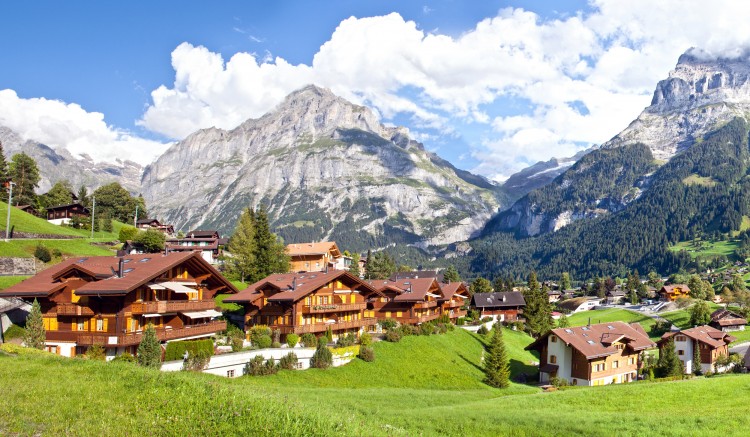Objective
The French Alps exemplar aims to analyse future land use trajectories and their effects on networks of biodiversity and ecosystem services for the Grenoble urban area
Description
This exemplar aims to:
-Offer a better knowledge of mechanisms underpinning ecosystem services.
-Analyse trade-offs and synergies between biodiversity, critical ecosystem services and territorial management.
-Facilitate appropriation of tools and concepts by stakeholders.
Support the integration of the complexity of ecological functioning into debates on territorial planning and management
Case Study Location
In WGS84:
45° 54' 63'' North
4° 89' 34'' West
6° 20' 46'' East
44° 68' 61'' South
Location Description
Grenoble is the center of one of the very active and dynamic French metropolitan areas. With an extent of 4450 km² and 311 municipalities, the Grenoble urban area had a human population of 769,593 in 2006. This area presents a large variety of physical and natural characteristics, resulting in contrasted heterogeneous landscapes. The region is structured by three mountain ranges: Vercors, Chartreuse and Belledonne, culminating at 2977m. The valleys of the Drac and Isère rivers favor urban sprawl, as well as the Bièvre plain. The mountain areas benefit from a wide range of protection measures with 2 natural parks and several conservation areas.
Scale
Subnational, Local
Stakeholders
Stakeholders include those involved in territorial and resource management such as from government, local authorities, NGOs and Regional Natural Parks. They represent all the main economic sectors impacting land use and natural resources: urban planning, agriculture, forestry, tourism and water management.
Methods and Tools used in the case study
Four scenarios explore changes in the different types of land use, agricultural and forest management to support the spatially-explicit modelling of land-cover changes. These projections feed into the modelling of changes for 20 ecosystem services.
All the maps and indicator results will be visualized via Our Ecosystem.
The joint dynamics of ecosystem services are analysed using a network approach that identifies functional linkages between services depending on their ecological mechanisms and their responses to climate of management drivers.
Key Findings
- Stakeholders are aware of the ecosystem service concept but require help for its operationalization.
- Stakeholders are interested in the proposed thinking about territorial planning and management in terms of ecosystem service bundles. They perceive some functional relationships among ecosystem services, but these only partly reflect ecological relationships.
- Four scenarios of social values, public policy and economic context result in markedly varied land use and landscape patterns. These differences particularly regard patterns of urban expansion, forest expansion and the associated losses in agricultural land.
- Scenario impacts on 11 ecosystem services are projected and will be evaluated with stakeholders using spatially-explicit multi-criteria-decision analysis.
Success Factors
- Focusing on territorial development, a topic of core interest for stakeholders, and especially at a time of development of a new plan.
- An excellent interdisciplinary research team funded through an additional French project. A total of 3 PhDs and three postdocs involved during the project.
- An outstanding group of motivated stakeholders and their intensive coordination.
Key Challenges
- A very ambitious research project and associated timelines.
- Adapting communication for different audiences.
Lessons Learned
A project focused on territorial development issues is well suited to the mainstreaming of ecosystem services into local decision-making and land management at a time where ecosystem services are emerging as an important topic in national (and European) policy. For such a project to be successful it is essential to spend substantial time understanding what the fundamental and practical issues faced by stakeholders are, and engaging with their own activities. The work itself requires enormous resources, only possible to engage through a collection of funded projects. Advanced coordination experience and previous experience with transdisciplinary research are essential.
Links
http://set-revue.fr/apports-concept-services-ecosystemiques-territoires/citations
Other Partners
Sandra Lavorel, Adeline Bierry, Clémence Vannier, CNRS Grenoble
Fabien Quétier, Biotope
Torsten Krause, ULund
Our Ecosystem
Project Lead Contact details
Sandra Lavorel
Laboratoire d’Ecologie Alpine, CNRS Grenoble

